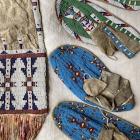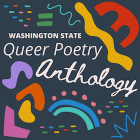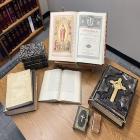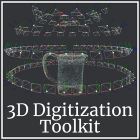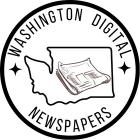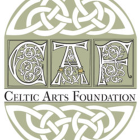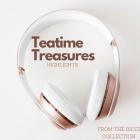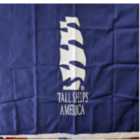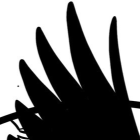
Transcriptions for the Illinois Civil Commitment Archive
The digital format used to make handwritten letters articles available on the archive may not be the best way for everyone to read the file’s content. To make the archive’s materials more accessible to a larger audience, I used optical character recognition software and hand-typed all 90 files in the archive and edited the transcriptions to create as faithful a representation of the handwritten content in a digital text format as possible. These transcriptions, in combination with the scanned archive materials, will help share the experiences of those impacted and incarcerated in a Civil Commitment Facility in Illinois.

